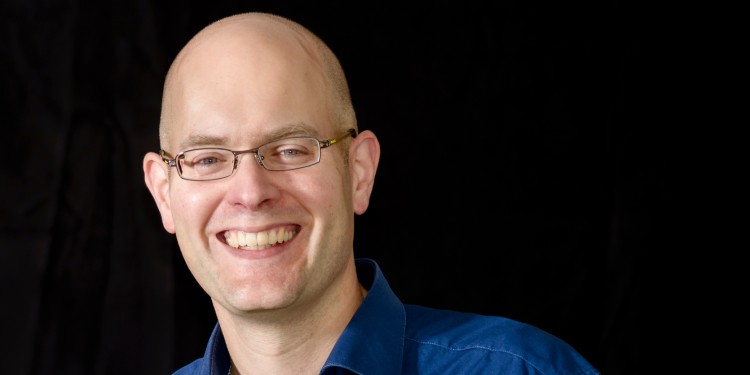
International award for Frank Glorius
Prof. Frank Glorius, an organic chemist at the University of Münster, has been awarded the Gay-Lussac Humboldt Prize for his outstanding research and his close links to France in his work. He received the prize in Paris on 7 May. The French Ministry of Higher Education and Research awards the prize to excellent German researchers, in all disciplines, who are seen as examples of special collaboration between the two countries. Once a year, two researchers are chosen who each receive 60,000 euros for the purpose of further extending the collaborations they have.
Nominations for the prize are made by French researchers. “It is a special honour to be proposed by international colleagues,” says Frank Glorius. “With our joint research we can make a small contribution to bringing different countries closer together – especially at a time when Europe needs to be strengthened.”
Glorius works with French researchers on a range of topics, including one of the focuses of his research: certain types of molecules known as carbenes. These carbon compounds can steer catalytic reactions and systematically change surfaces. Glorius’ cooperation with France can also be seen in Münster: over the past few years, nine chemists from France, after completing their PhDs, have worked in his own team, and since then some of them have been appointed to professorships.
This prize is not the first award for the successful research programme being undertaken by Frank Glorius’ team, which is working on the development of efficient methods of catalysis. Particular highlights of the past few years were the prestigious Gottfried Wilhelm Leibniz Prize, awarded by the German Research Foundation, an ERC Advanced Grant from the European Commission, and the distinction – five years in succession – as a “Highly Cited Researcher”.
The Gay-Lussac prize has been awarded since 1981. It was initiated – on the recommendation of the German and French Ministers of Research – by the then President of France, Valéry Giscard d’Estaing, and the German Chancellor, Helmut Schmidt. On the German side, the Alexander von Humboldt Foundation awards a similar prize to French researchers who are proposed by German scientists.
